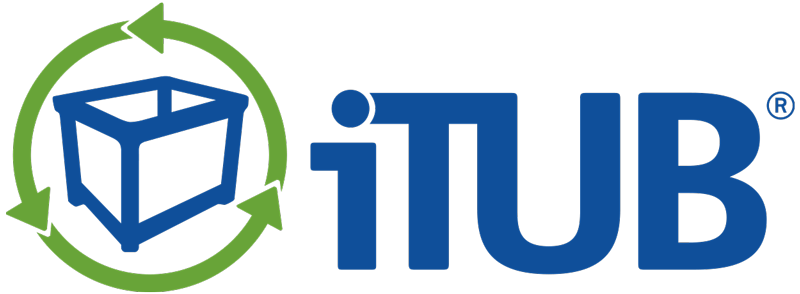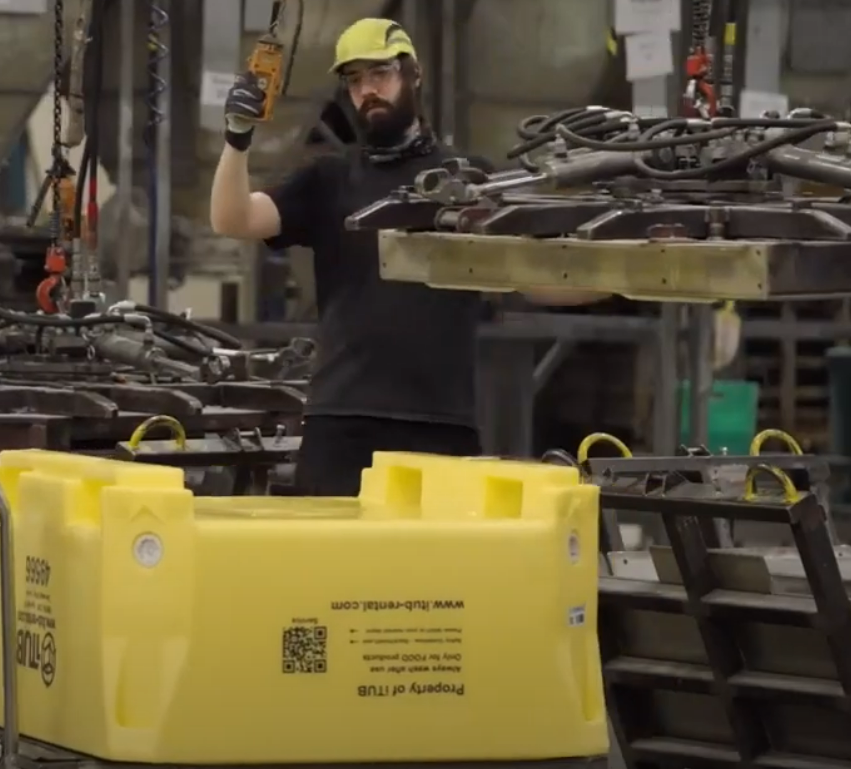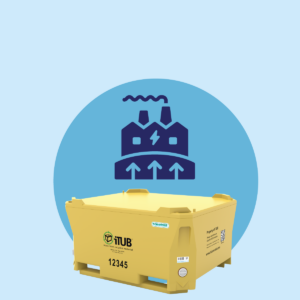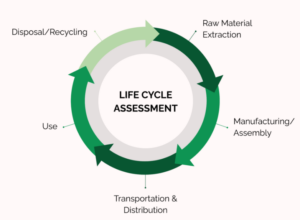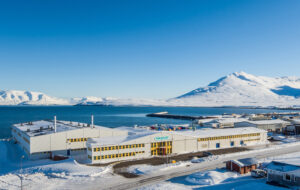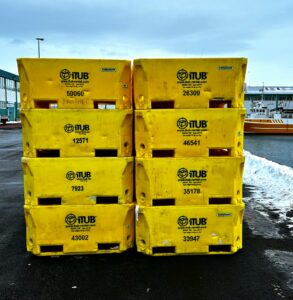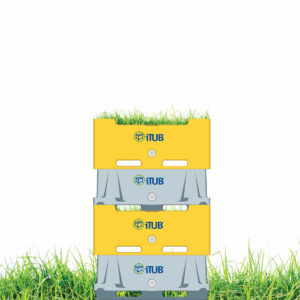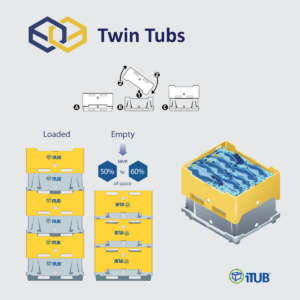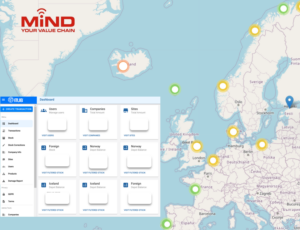Circular Economy, which measures the development of circular economies around the world, estimates that our world is only 9.1% circular. This means that only about 9% of all minerals, fossil fuels, metals, and biomass that enter the economy are re-used which is not sustainable.
The circular economy is an alternative economic model that aims to maximize resources efficiency and minimize waste by keeping products, materials, and resources in use for as long as possible. This approach contrasts with the traditional linear economy, which follows a “take-make-dispose” pattern.
Since the inception of iTUB in 2012, we have taken action to reach full circularity. This means we have adopted a comprehensive and sustainable business model that aims to minimize waste and maximize the reuse and recycling of resources throughout our business.
Incorporating a circular economy has brought numerous benefits to our overall sustainability. Some of the key benefits include:
Reduced dependency on virgin resources: Adopting a circular economy approach has allowed us to rely less on virgin fossil fuel-based resources to produce our tubs. New tubs are made with 30% recycled plastic material. In addition, the tubs are made with 100% renewable energy. By adopting circular practices, we reduce the reliance on finite resources, and we contribute to sustainable resource management which ensures that resources are available to future generations.
Extend product life cycle: To adhere to circular economy, our tubs are designed to last longer, be repairable, and, at the end of their life, be 100% recyclable. By designing products for durability, repairability, and recycling, we extend the durability of the tubs which reduces the need for frequent replacements.
Lower carbon footprint: By implementing the circular economy strategies, we have significantly reduced our carbon footprint. We have calculated our Corporate Carbon Footprint and Product Carbon Footprint for Scopes 1 and 2 and some levels of Scope 3. To offset our emissions, we have invested in carbon credit from Nicaforest, a Gold Standard-certified member.
Reduce environmental impact: One of the most significant advantages of the circular economy is its positive impact on the environment. By recycling and reusing plastic, we reduce greenhouse gas emissions and energy consumption. As all our tubs are recycled and none end up in landfills.
Innovation and differentiation: Embracing the circular economy within our business has fostered creative thinking and innovation. In a circular economy, the focus is on reducing waste and optimizing resources usage. This requires creative solutions to extend the lifespan of the tubs, find new usage, and design new products. Designing products for circularity requires a different approach than designing for a linear economy. Creative thinking is necessary to develop products that are durable and repairable.
Sharing economy: Since inception, our tubs have been shared among our customers. This approach maximizes the utilization of the tubs, reduces the need for individual ownership, and extends the tubs’ life cycle through increased usage.
Long-term sustainability: The circular economy is a key component to a more sustainable future. It aligns with global goals like the United Nations’ Sustainable Development Goals (SDGs) and contributes to a healthier planet and society.
By incorporating these strategies into our product design, manufacturing, and end-of-life management, we extend the life cycle of our products. This approach not only benefits the environment by reducing waste but also offers economic advantages through cost saving and increased customer loyalty. It has been a win-win situation for the business, its customers, and the planet.
